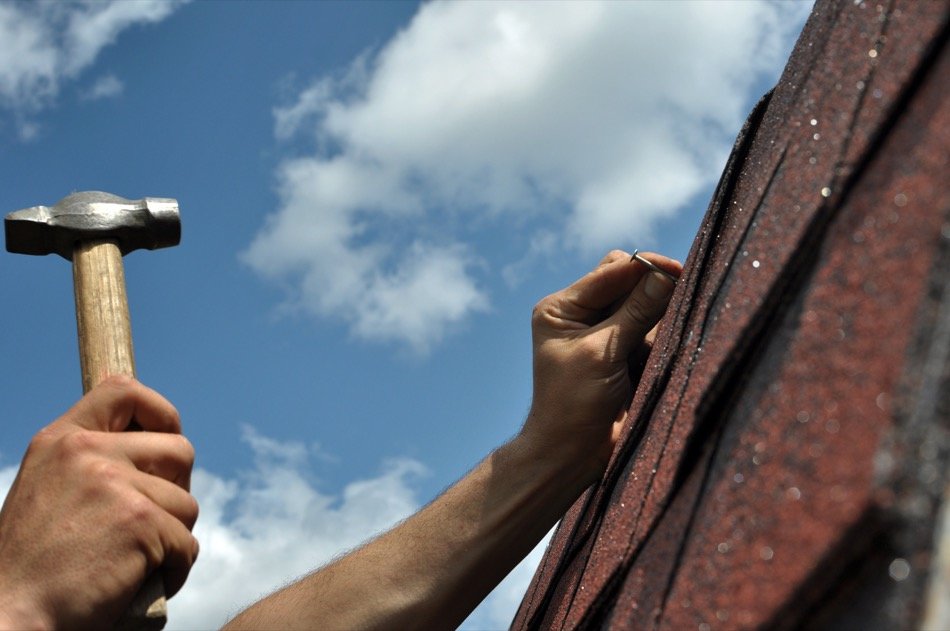How to Remediate Deferred Maintenance in the Home
Posted by Justin Havre on Tuesday, April 30th, 2019 at 9:34am.
 Regardless of the home's age or the quality of its craftsmanship, it will need repairs at some point. But not all homeowners take the same approach when it comes to repairs or maintenance. They may discount the importance of minor damage, or they may not have the money or the time to devote to it. When a homeowner can't keep to the ideal schedule, they can rely on remediation to reduce the consequences, whether it is a DIY project or one done by professionals. Here are a few tips to coming out ahead for homeowners to reduce the consequences.
Regardless of the home's age or the quality of its craftsmanship, it will need repairs at some point. But not all homeowners take the same approach when it comes to repairs or maintenance. They may discount the importance of minor damage, or they may not have the money or the time to devote to it. When a homeowner can't keep to the ideal schedule, they can rely on remediation to reduce the consequences, whether it is a DIY project or one done by professionals. Here are a few tips to coming out ahead for homeowners to reduce the consequences.
Start Early
Remediation starts with understanding how a home operates on a daily basis. Homeowners don't have to take electrician or plumbing classes, but they should know the general configuration of their fuses, pipes, and appliances. If there's a leak in the bathroom, they should know how to turn off the water line to avoid unnecessary water damage. This may require going through the entire home (and its grounds) on a monthly basis and taking pictures of the rooms, common areas, hallways, crawlspaces, and attics. If there are any changes, homeowners can refer to the photos to judge the progression of the problem.
Calculate the Costs
Deferred maintenance costs an average of four times more than the original cost of the repair. Each property will vary in terms of expenses, but the general advice is to fix the problem immediately. Waiting even a month or two gives the problem the chance to become worse. A single hole in a shingle may not seem like an emergency, but it could eventually lead to toxic mold exposure for all residents inside.
Assess the Safety
From a loose stairwell railing to clogged vents, some maintenance jobs are safety issues. Accidents at home are common, and many are avoidable by paying more attention. For example, a large, stair-shaped crack in the wall may indicate foundation damage. Left alone, this could make the structure more vulnerable to violent storms or flooding.
In the case of an immediate need, cash-strapped homeowners should consider a stop-gap solution. Duct tape can be used to secure pipes for a few weeks, depending on the severity of the instability. Homeowners can use epoxy to fix tile chips and patch-up kits from the hardware store to keep a roof from leaking. Sometimes maintenance is as simple as changing a light bulb, replacing a filter, or doing a quick patch-up job of the roof.
Plan Ahead
There are a few consequences of long-term deferred maintenance:
- Hazards: As discussed, deferred maintenance will increase the odds of an accident occurring. This endangers both residents and anyone who may enter the property. If the gutter hasn't been cleaned and an icicle falls on the mailman, they could potentially sue for damages.
- Resale value: A home that's been continuously ignored won't attract the right buyers. It will ultimately mean having to counter one low-ball offer after another. Real estate agents may even avoid the home altogether—especially if it's a buyer's market.
- Neighbors: Deferred maintenance can have a powerful effect on the entire block that isn't readily apparent at first. When one homeowner neglects their home, it can ultimately cause the whole street to fall behind.
Discovery Ridge new home maintenance is an important part of homeownership, even if it isn't the most glamorous part of having a property. But no matter how many resources the homeowner can devote to their home, they have the power to remediate deferred maintenance. A large part of it is taking an interest in the property and full responsibility for the small things that occur around the house. It's all too easy for small problems to turn into big issues down the line.
